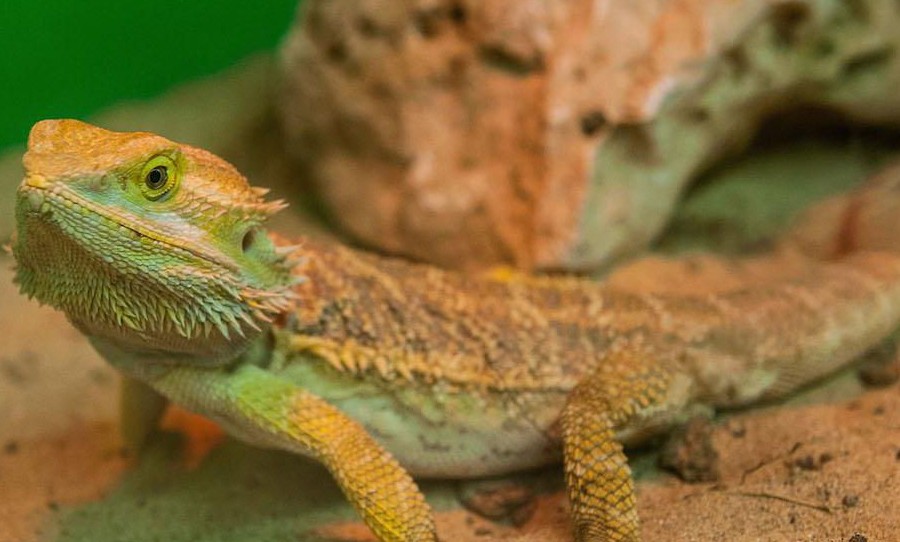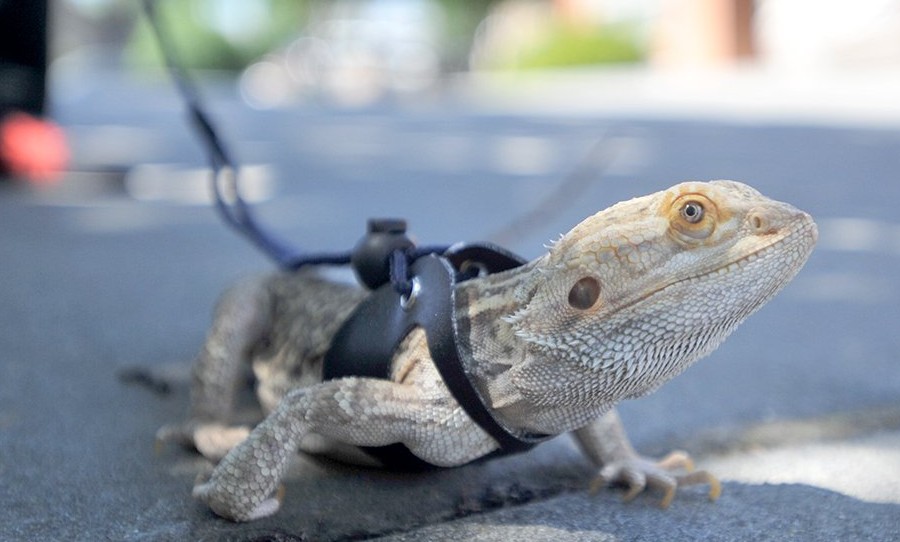As lockdown continues to affect many Australians, some have responded to the restrictions by adopting unconventional pets.
Unfortunately, COVID-19 has not eased up this year, with a new variant detected in South Africa that is apparently worse than the Delta strain.
The new variant, known as C.1.2, is more mutations away from the original virus detected in Wuhan than any other variant. It could also pose challenges to our current vaccines.

To cope with the continued uncertainty surrounding the virus, many Australians have turned to investing in pets. However, these pets aren’t your typical furry, four legged friends.
Pet retailers around Australia have seen an increase in demands for pythons, tarantulas, scorpions, axolotls, ferrets and exotic birds, amongst other unorthodox companions.
In particular, reptiles have been a popular pet alternative.
Peter Child, who owns a reptile store in Canberra’s south, mentioned that sales had doubled in the early stages of the pandemic. He explained that “reptiles don’t require the same mental stimulation and ongoing care as mammals and birds.”
Despite this, the living conditions for reptiles are “complex” and warrant a lot more understanding than your average pet, “…you’ve got to know what you are doing. But once you have got them set up, the animal won’t care once the person goes back to work.”
However, people have previously adopted unconventional companions to best suit their lifestyle:
Couple makes unconventional pet choice due to allergies https://t.co/pVfy2f8ZF8 pic.twitter.com/MRnzd2gDzl
— CBC British Columbia (@cbcnewsbc) July 14, 2018
Unusual Pet Vets director James Haberfield said that different pets were becoming so popular that he is now planning to open up a new clinic in Canberra by the start of 2022, “We have clinics in Melbourne, Brisbane and Perth so it made sense to open one in Canberra”.

Previously the ACT Parks and Conservation Service had a more strict “non-exempt” animal policy for unconventional animals. Owners would have to take care of an animal, similar to their preferred choice, for a set period of time. This was to prove that the owner could care for a more exotic animal.
However new guidelines set in July outlined that applicants must simply demonstrate that they understand the species-specific requirements of the animals in their care to safeguard their welfare and protect the local environment.
Finally catching Penelope in the act of shedding! It has been a while since I have witnessed it in the process. Woke up to her “exploding”🤣#animals #pets #leopardgecko #gecko #reptiles pic.twitter.com/gRCbztYmF7
— Samantha Cali (@CalisCreatures) May 10, 2020



